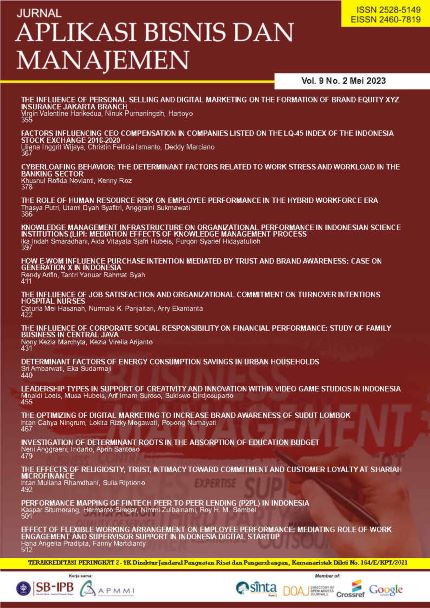Determinant Factors of Energy Consumption Savings in Urban Households
Abstract
Based on urban homes' typical features and socioeconomic characteristics, this experimental research examined consumer behavior patterns regarding energy efficiency and the factors influencing energy saving. This research investigated the idea of "nudge" with power conservation. This research used the word "Nudge" in the chosen architectural scheme to reduce residential power use to prevent the rebound effect. We found that 'nudged' households could lower their power usage costs by utilizing societal norms. The "Nudge" criteria we included discussed general knowledge of energy saving and the usage of societal norms that encourage replacing conventional lighting with energy-efficient ones. In this research, sixty-two homes were chosen and given a "nudge" over three months. The homes' sizes must range from 40 to 200 square meters and have had current electrical accounts for at least a year. This research in Bantul was intended to investigate the impact of "home energy reporting" and how social norms, curtailment, and energy conservation practices differ depending on shared traits like the home's features and the owner's socioeconomic status. According to this research, "social norms and curtailments" can lower home power usage, resulting in electricity cost savings of up to 16.305 percent for three months compared to typical consumption. On the savings that were realized, there was no rebound impact.
Keywords: rebound effect, household energy efficiency, social norms, nudge, saving behavior








